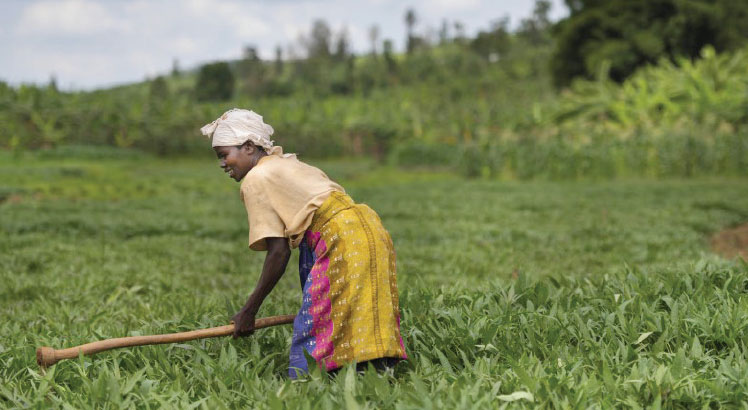Malawi lags on electronic payments

Malawi is lagging behind on electronic payments and debit cards holders in the region at 0.8 percent and 9.4 percent respectively, a World Bank report has shown.
The recent 2014 Global Financial Development Report by the World Bank has also indicated that 16.5 percent of Malawians aged at least 15 years hold an account at a formal financial institution.
But the report has indicated that neighbouring countries such as Mozambique, Zambia and Tanzania have better usage and access to financial facilities.
According to the figures, Mozambique’s electronic payment usage stands at 6.3 percent, Zambia 3.3 percent while Zimbabwe is at 6.9 percent.
“Financial inclusion has moved up the global reform agenda and become a topic of great interest for policy makers, regulators, researchers, market practitioners and other stakeholders.
“For the World Bank Group, financial inclusion represents a core topic, given its implications for reducing poverty and boosting shared prosperity,” World Bank Group president Jim Yong Kim is quoted as saying in the report.
He said that inclusive financial systems provide individuals and firms with greater access to resources to meet their financial needs such as saving for retirement, investing in education, capitalising on business opportunities and confronting shocks.
Recently, the International Monetary Fund (IMF) financial access survey database indicated that in 2012, access to commercial banks more than tripled to about three branches per 1 000 square kilometres.
The database further indicated that access to financial services improved with commercial branches per 100 000 adults rising to 3.35 percent in 2012 while automated teller machines (ATMs) per 100 000 adults stood at over four people by end of 2012.
Regardless of the improvement in access to financial services, experts argue that low penetration of formal banking and financial services are still prevalent in Malawi.
But during the National Financial Literacy Week in December, the Reserve Bank of Malawi (RBM) expressed disappointment over the lack of awareness and education in financial matters—which currently hovers at around 55 percent.
The central bank with financial support from the World Bank held the financial literacy week to raise awareness so that more people have access to financial tools.
Last year, Malawi’s two mobile phone providers introduced Airtel Money and TNM’s Mpamba.
The services can be used to access financial services, including transfer of funds and payment of bills using mobile phones.






It is not surprising that the percentage of population accessing the banking system is very low, considering that our banks demand that one should present a water bill or electrify bill in order to open an account. When banks become more people-friendly and start “thinking outside the box” there will be a change in the attitude of the populace towards banks.